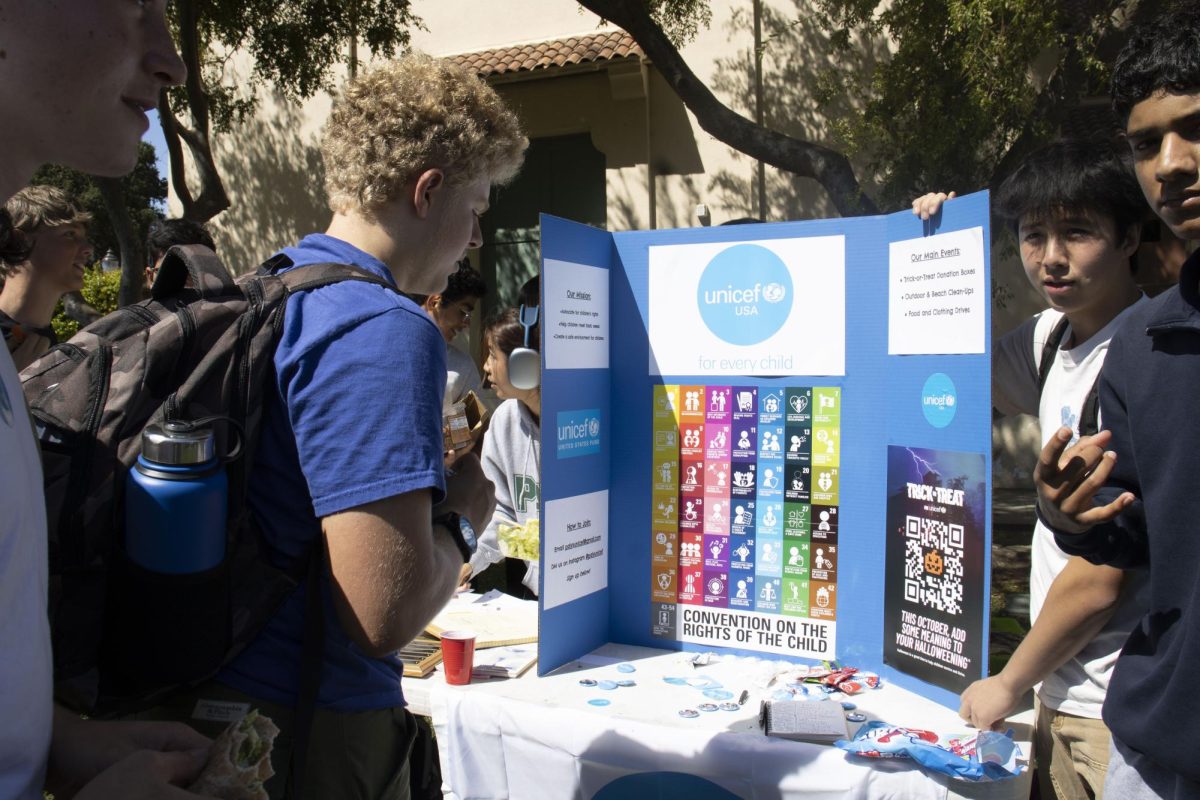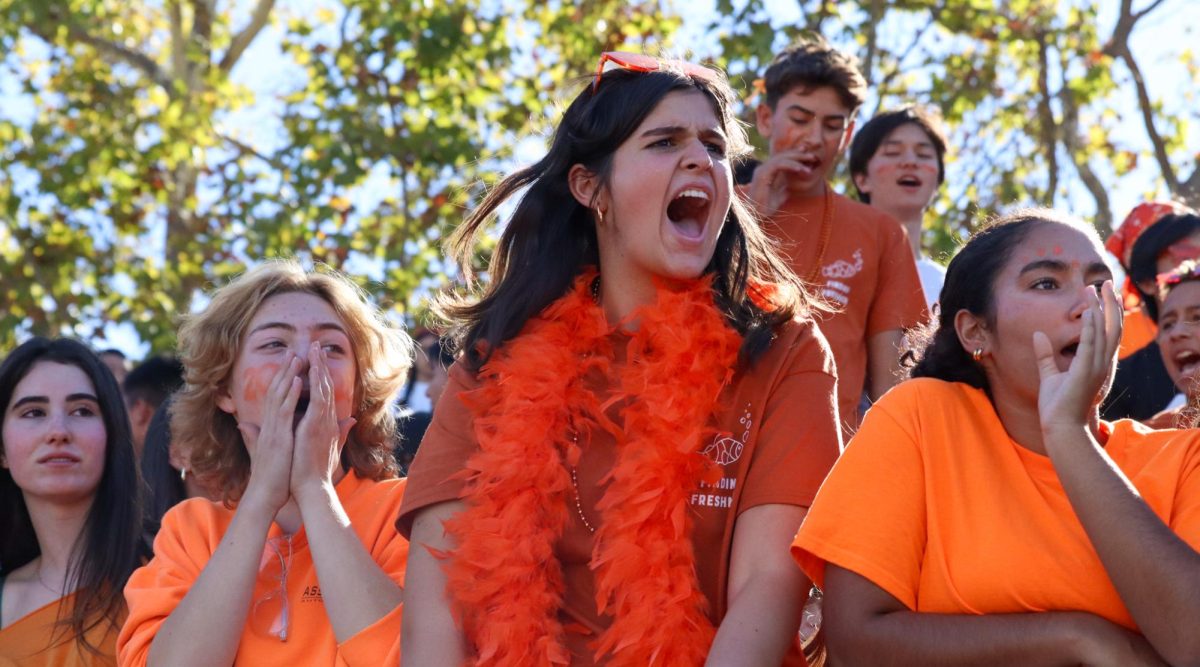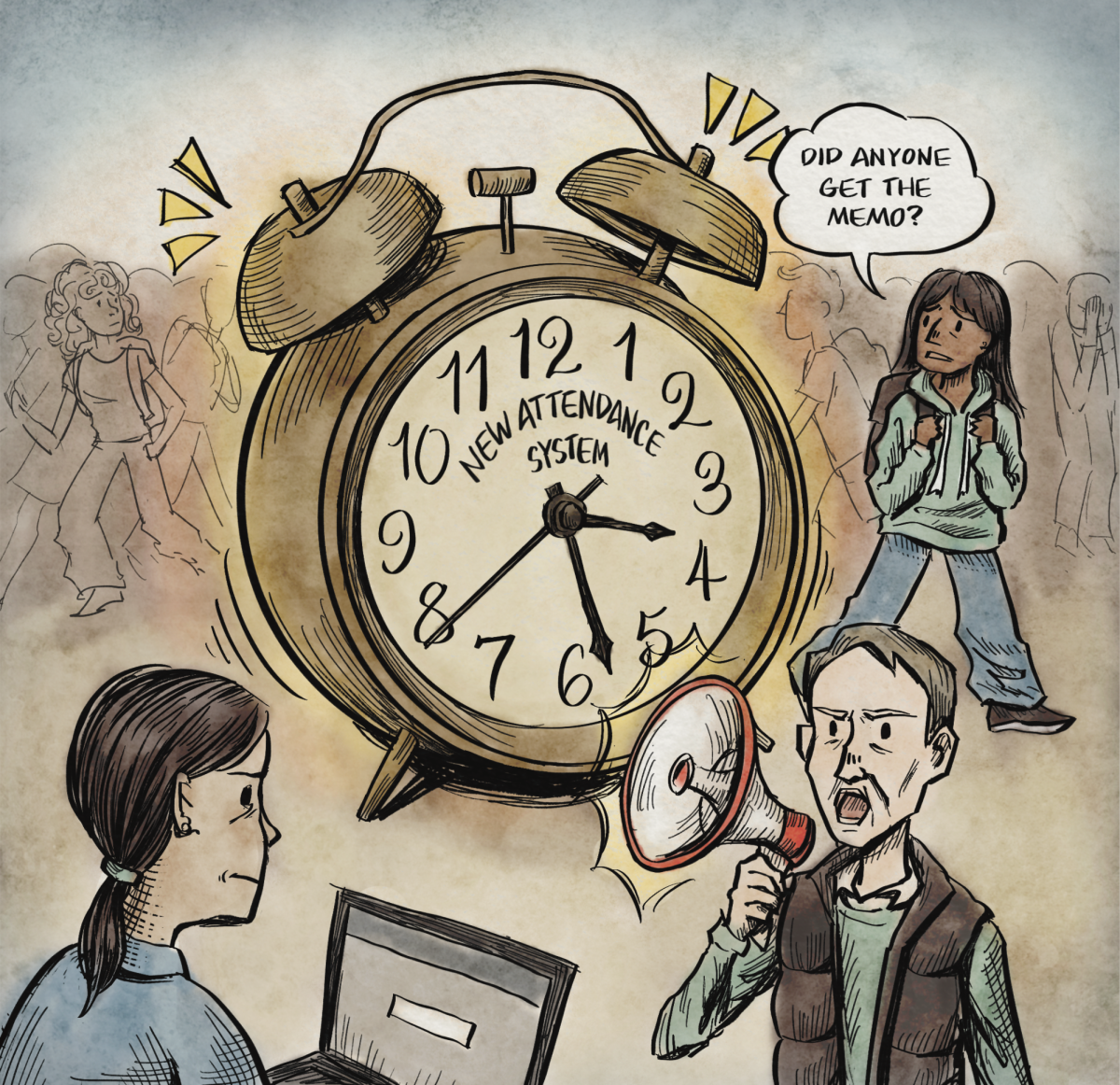Rocket carrying Facebook satellite explodes
[su_dropcap]F[/su_dropcap]acebook, the most widely used social media platform in the world, has always led the tech industry in advances and innovations. With their News Feed and Facebook Messenger, Facebook has the ability to put someone in contact with users around the world. With nearly 1.3 billion users, Facebook continues to look for new ways to expand its global connectivity; its latest attempt involves providing high-speed internet for all of Africa.
Facebook founder and CEO Mark Zuckerberg recently arranged a deal with Israel Aerospace Industries (IAI), a defense and aerospace company, to use their Amos-6 Satellite. The satellite, which cost Facebook a whopping $95 million, played a key role in providing accessible Internet to small villages in Africa. It was also the largest payload to date for a SpaceX rocket, costing about $200-300 million total.
The satellite incorporated “new technologies that represent a significant leap forward in the capabilities of IAI and the state of Israel in space,” according to Joseph Weiss, IAI’s president and chief executive.
Unfortunately, on Sept. 1, a fiery explosion destroyed the satellite. An unmanned SpaceX Falcon 9 spacecraft was scheduled to take off two days later from Cape Canaveral Air Force Station in Florida, taking the Amos-6 into space. The craft was on the launch pad in preparation for a static fire test, a ground test generally required before the engine is certified for flight. At 9:07 a.m. EDT, roughly eight minutes before the test was scheduled to start, an explosion blew through the upper part of the rocket, quickly igniting the rest of the craft, destroying it and its payload. Thankfully, as per standard procedure, the launch pad and surrounding area were cleared of personnel, so there were no injuries.
There is no confirmation yet on exactly what started the explosion.
When a Twitter user asked whether “something hit the rocket,” CEO of SpaceX Elon Musk tweeted, “We have not ruled that out.”
This is the second accident of this nature to occur for SpaceX since its founding in 2002, the first occurring in June 2015.
Despite the unfortunate event, Facebook CEO Mark Zuckerberg remains optimistic about Facebook’s other efforts
“We have developed other technologies like Aquila that will connect people as well,” Zuckerberg said. “We remain committed to our mission of connecting everyone, and we will keep working until everyone has the opportunities this satellite would have provided.”






